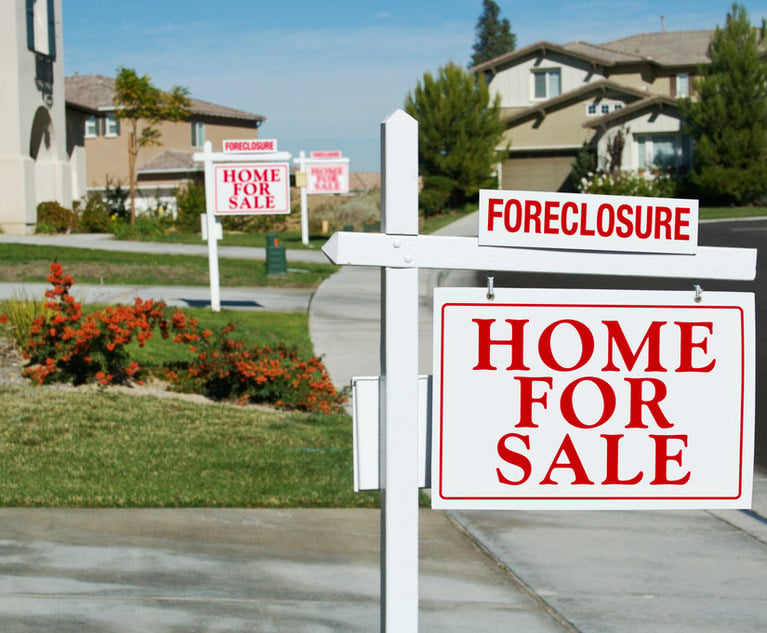Now that we have endured more than one year of living in a pandemic, the question arises: how has it affected the manner in which commercial real estate transactions should be negotiated and documented? The negative impact on the already distressed retail and office markets is self-evident. There is little need to maintain a storefront if customers either cannot or will not shop there. The need for facetime in an office environment has proven to be over-stated. If a tenant’s business is no longer viable for reasons beyond its control, how should that circumstance be addressed in a lease?
The term force majeure literally refers to a “superior force”—one that is “neither anticipated nor controlled.” New Jersey Dept. of Envtl. Prot. v. Bayshore Reg’l Sewerage Auth., 340 N.J. Super. 166, 168 n.1 (App. Div. 2001). A force majeure clause provides a means by which contracting parties contemplate in advance certain uncontrollable events or effects that will render performance impracticable and conditions a party’s obligation to perform upon the non-occurrence of such enumerated events. Facto v. Pantagis, 390 N.J. Super. 227, 231-32 (App. Div. 2007). Thus, in drafting this common contractual term, at least some degree of anticipation is required.


 Chansom Pantip / Shutterstock
Chansom Pantip / Shutterstock




